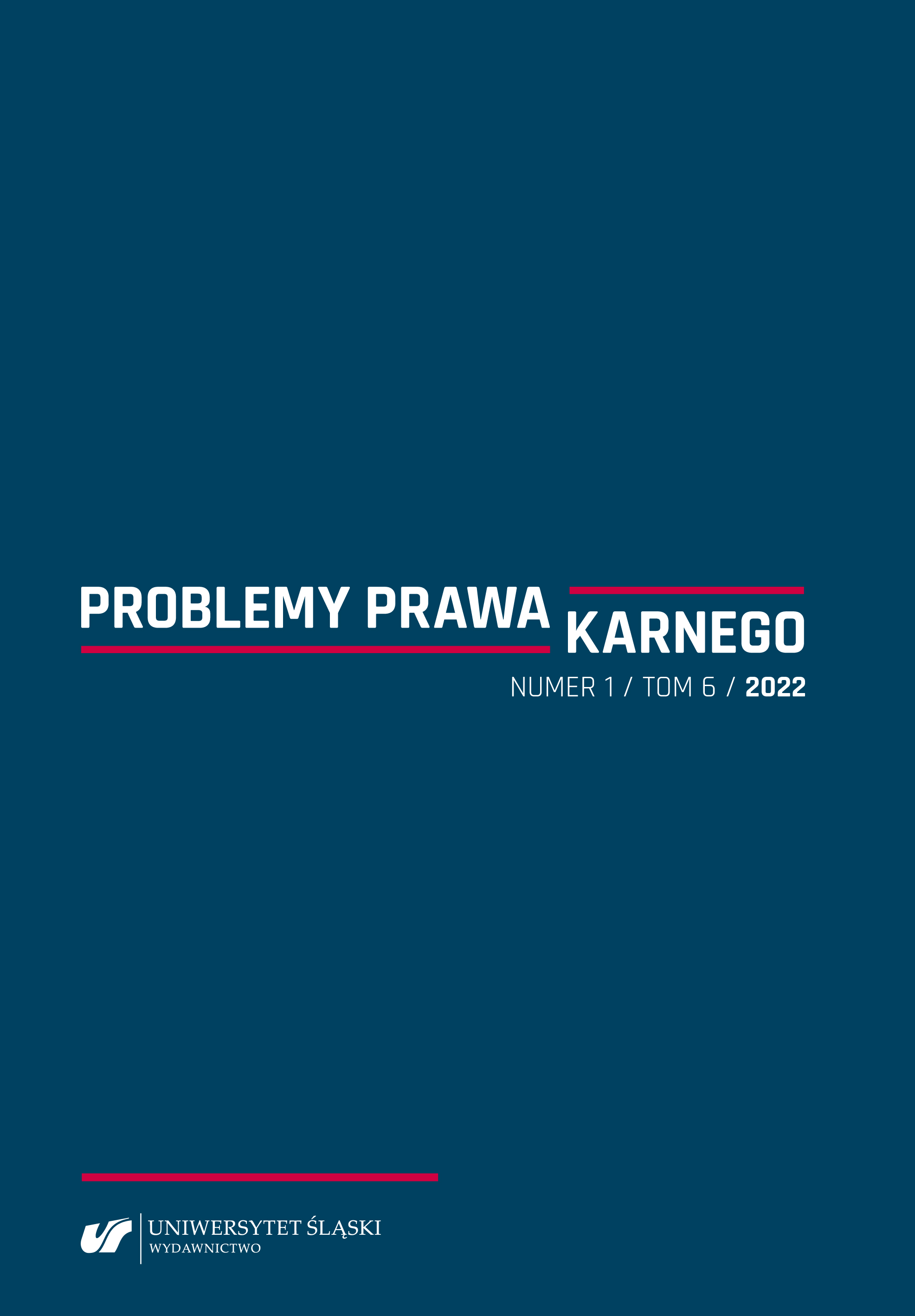“Yes means Yes”. Theoretical dilemmas and new definition of rape and sexual assault in Slovenian Criminal Law
“Yes means Yes”. Theoretical dilemmas and new definition of rape and sexual assault in Slovenian Criminal Law
Author(s): Živa Šuta, Nina Berglez, Miha ŠepecSubject(s): Criminal Law, Public Law, Studies in violence and power
Published by: Wydawnictwo Uniwersytetu Śląskiego
Keywords: rape; offences against sexual integrity; the concept of coercion; “yes means yes”; consent to sexual intercourse; political laws
Summary/Abstract: The legislation of crimes against sexual integrity was initially aimed at safeguarding specific interests such as the honour of the father, the family, virginity, and the social security of women. Accordingly, the extent of rape victims was for a long time limited only to women (e.g. under Article 100 of the Criminal Code of the Socialist Republic of Slovenia from 1977, the execution of rape was only possible as immission penis in vaginam). In modern society, legislators seek to protect the self-determination of the individual, sexual and physical integrity, and sexual autonomy. This reversal demonstrates that modern criminal law revolves around the essential question of whether sexual intercourse is engaged in through free choice, that is, autonomously. Domestic legislators have been put under the pressure of media campaigns and controversial case law to modernise criminal law accordingly. In the spirit of the reforms, the Republic of Slovenia in 2021 adopted the amendments of Rape and Sexual Assault in the Criminal Code (KZ-1H) consistent with the affirmative consent model (“yes means yes”).
Journal: Problemy Prawa Karnego
- Issue Year: 6/2022
- Issue No: 1
- Page Range: 1-56
- Page Count: 56
- Language: English

